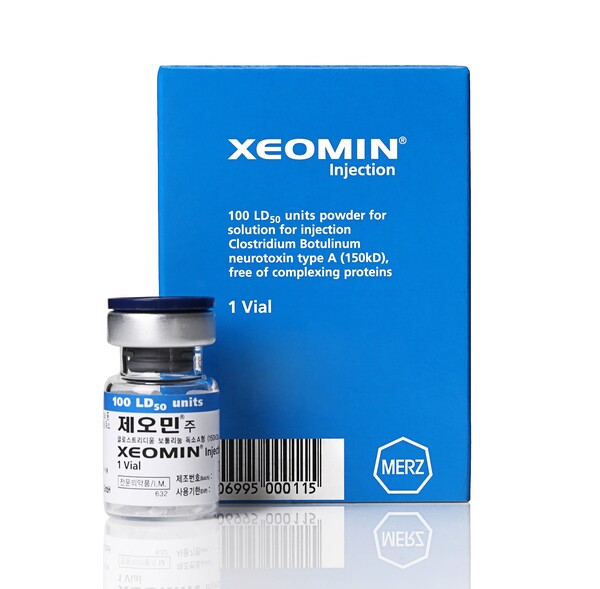Merz Aesthetics Korea said Xeomin 100 units (IU), its botulinum toxin type A product, has ranked first in Korea's botulinum toxin (BTX) import market for six consecutive years since 2018.

According to the Ministry of Food and Drug Safety (MFDS), the total import value of botulinum toxin products in 2023 was $34.91 million, accounting for 1.8 percent of the total biopharmaceutical imports. Among them, Xeomin 100 units recorded the highest import value at $26.2 million representing approximately 75.3 percent of the total botulinum toxin imports.
Initially approved by the European Medicines Agency (EMA) in 2005, Xeomin entered the Korean market in 2009 following regulatory approval from the MFDS. Over the years, the product has expanded its indications, becoming the only BTX in the country approved for the temporary improvement of upper facial wrinkles in three areas -- crow's feet, forehead lines, and glabellar lines.
Xeomin 100 units, manufactured using Merz Aesthetics' stringent purification process, eliminates complex proteins, minimizing the risk of antibody formation and potential resistance. It has gained regulatory approvals in 79 countries, including from the MFDS, the U.S. FDA, and the EMA.
To further reduce immunogenicity risks, Xeomin incorporates human serum albumin (HSA) and sucrose as excipients, thereby lowering the potential for antibody development. Also, long-term global studies have reported no cases of secondary treatment failure due to resistance, even with high-dose and frequent use for aesthetic and therapeutic applications.
"Achieving the top position in BTX imports for six consecutive years is a testament to Xeomin's leadership in the market and its recognition among medical professionals and patients,” Merz Aesthetics Korea CEO Yoo Soo-yeon said. “As high-dose and frequent treatments become more common, the risk of resistance is rising. Xeomin, with its minimized risk of antibody formation, is proving its value in this evolving landscape.”
The company remains committed to continuous research and innovation to drive a safer and more advanced botulinum toxin industry, Yoo added.
Related articles
- Merz Aesthetics Korea opens ‘Innovation Hub’ in Gangnam
- Merz Aesthetics Korea hosts 'MASJ Symposium'
- Why Merz Aesthetics is fully committed to medical aesthetics
- Merz Aesthetics Korea to launch FDA-approved Ultherapy PRIME in March
- Merz Aesthetics Korea hosts MEX Symposium to share latest insights in aesthetic medicine

